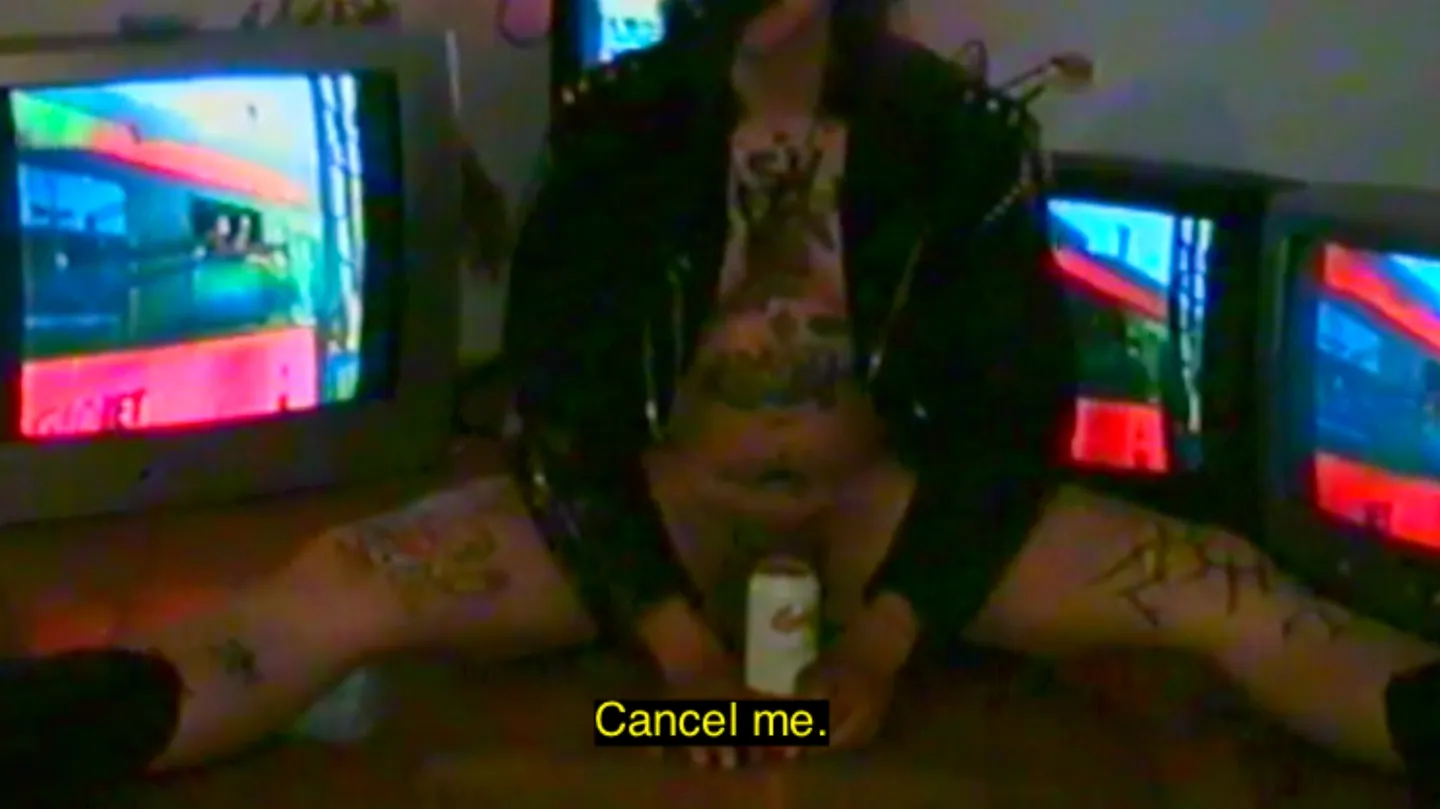
OBJECT:PRAHA III
About artwork
Provenance
Tech info
About
Bucchianeri writes, "art is in the eye of the beholder"; a poet cannot produce meaning for an audience, but can only provide the substance to be interpreted. It is then the audience's innate task to subject the work to classification. The Czech Republic's Václav Havel seconds this: "I've always believed that each member of the audience must sort the play out themselves because this is the only way their experience of it can be made more authentic; my job is not to offer something ready-made." We propose that in order for a general audience to engage with poetry in an inductive and personal manner, then the methods and space in which language is shared should reflect the interdisciplinary nature in which we also exist in the world. To do this, we encourage the audience to engage with poetry by asking questions: "Who is the poet?", "Is this part of the performance?" When asking these questions at our curation, audience members may then begin to ask these questions outside of our curation, and thus engage with a more inclusive practice of poetics, one which is manifested beyond academics and literature and rather from a pragmatic and personal nature. Acknowledging that we come from different cultures and thus languages, it may be naive to find common ground through artistic expression. And thus, instead, differences should be celebrated and learned from. By curating a space where these differences are immersive, attendees can then find common ground: the space and moment they share. Together the differences can blur lines and become a singular expression. This is when new, personal, and authentic engagement with the arts and poetry may occur.




























